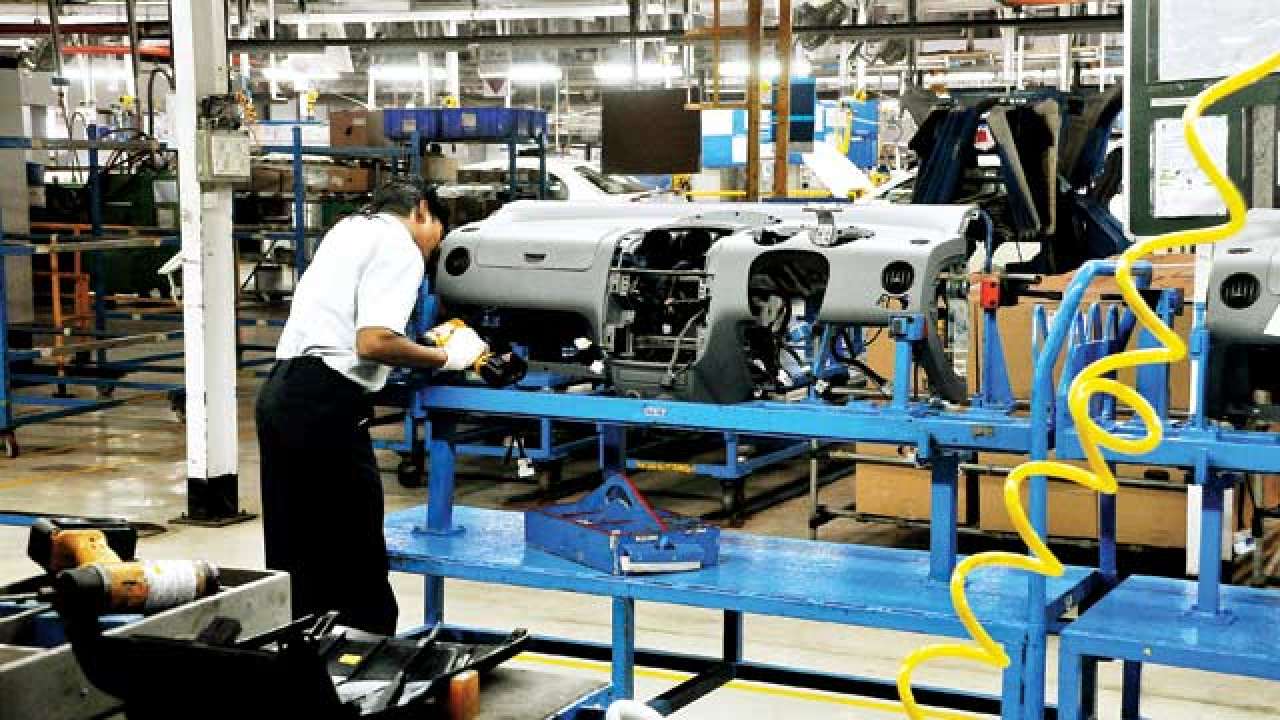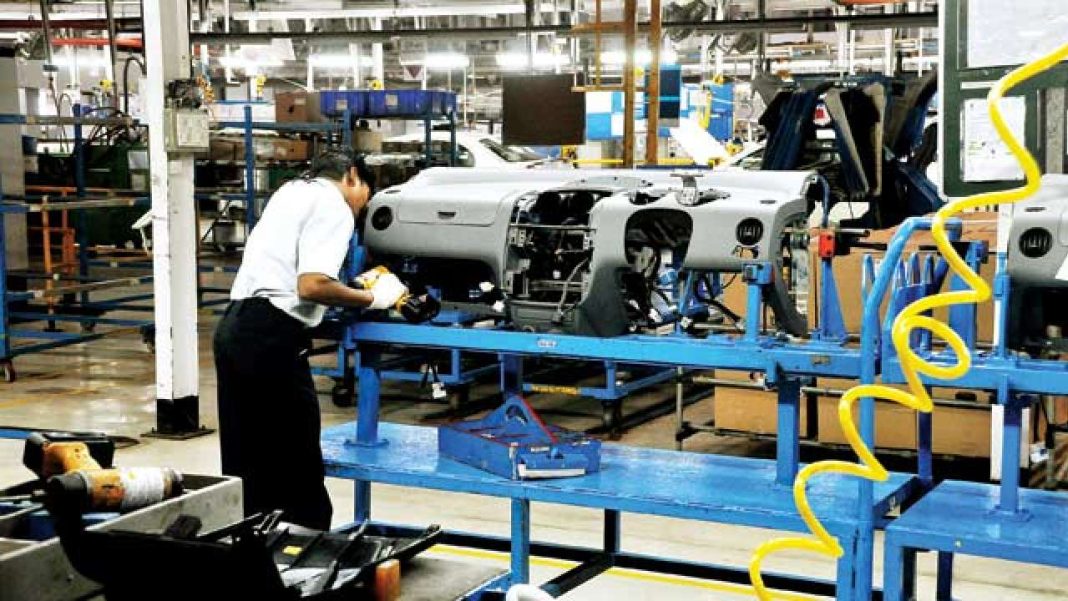
Title: The Role of Renewable Gas in Australia’s Manufacturing Sector
Introduction:
As gas prices continue to rise in Victorian factories, Australian manufacturers are facing significant challenges. Stakeholders are advocating for the incorporation of renewable gas in the country’s energy strategy, highlighting the economic benefits and job opportunities it can bring. This article explores the concerns expressed by industry representatives and the potential solutions to support the manufacturing sector in achieving net zero emissions.
Gas Price Increases and Manufacturing Challenges:
Stephanie Saliba, the director of corporate and government affairs at Mondelēz Australia and New Zealand, spoke before the Senate Committee on the “Future Made in Australia” bill, addressing the rising cost of manufacturing. Saliba emphasized that gas prices in Victorian factories have doubled over the past year, posing a major challenge for manufacturers. This increase in gas prices has a significant impact on the cost of production, making it difficult for companies to transition to more sustainable energy sources.
The Need for Policy Support:
Scott McGrath, the director of media relations at the Australian Food and Grocery Council, echoed these concerns, mentioning the extensive energy costs, labor shortages, and ineffective transport infrastructure that suppliers are facing in their post-pandemic recovery efforts. Saliba highlighted the importance of policymakers recognizing the critical role of gas in Australian manufacturing and the transition to net zero emissions. Streamlining regulations and providing tax incentives for food and grocery manufacturing can help maintain cost competitiveness and support the country’s economic prosperity.
Aligning the “Future Made in Australia” Bill with Gas Strategy:
David Fallon, the general manager of energy transmission at Chevron, stressed the need for consistent and predictable policy frameworks to support long-term investments in Australia’s energy sector. He called for greater alignment between the government’s “Future Made in Australia” policy and its gas strategy. Shahana McKenzie, the CEO of Bioenergy Australia, pointed out the absence of renewable gas in the current policy, highlighting it as a missed opportunity. Renewable gas, such as biogas and biomethane, presents the lowest-cost option for reducing carbon emissions in the manufacturing sector. Industry representatives, including Fallon and McKenzie, expressed support for the “Future Made in Australia” bill while emphasizing the importance of incorporating renewable gas into the broader energy strategy.
Balancing Emerging Industries with Existing Sectors:
Amid the excitement and investment in emerging industries, concerns were raised about overshadowing long-standing sectors that have played a significant role in the Australian economy. McGrath emphasized the importance of not losing sight of existing industries that have been household names for nearly 100 years. While supporting the development of critical minerals and other emerging sectors, it is essential to ensure that the needs of established industries are not overlooked.
Conclusion:
The rising cost of gas in Victorian factories has created challenges for Australian manufacturers. To overcome these challenges and achieve net zero emissions, stakeholders are calling for policy reforms that prioritize renewable energy and provide tax incentives. Incorporating renewable gas into the energy strategy can significantly reduce carbon emissions in the manufacturing sector while creating economic benefits and job opportunities. It is crucial to strike a balance between supporting emerging industries and sustaining existing sectors to ensure a prosperous and sustainable future for Australian manufacturing.


